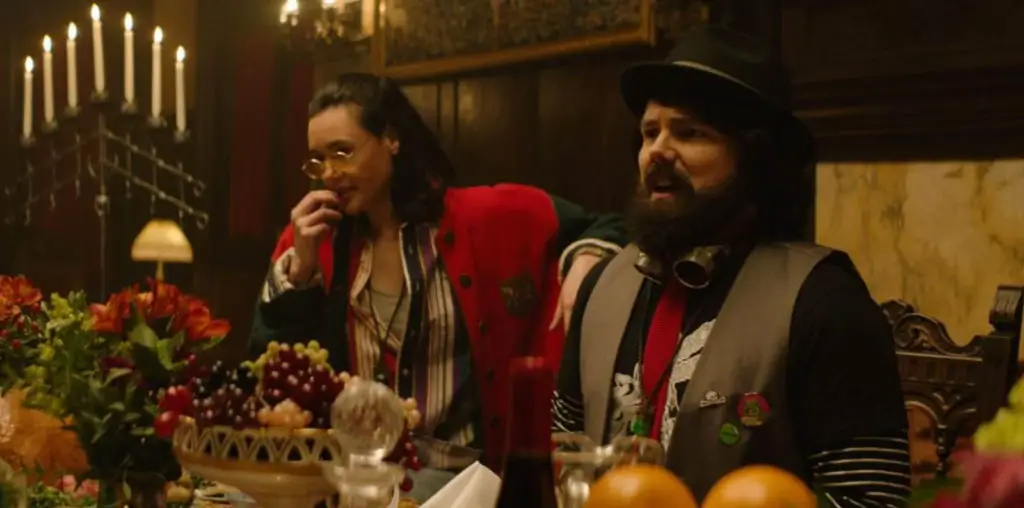
The irony in Kevin Kline playing the title role in “The Extra Man,” an ode to Manhattan oddballs, is that he is in reality its single essential element. Virtually every other character is by comparison extraneous. He makes the movie.
Though it is in point of fact the story of a considerably less interesting creation. Paul Dano appears as an assemblage of eccentricities in the form of a New Jersey prep school teacher who loses his job when he’s caught trying on a brassiere in an improbably public area within the establishment.
Louis Ives has issues. He yearns to look in the mirror and see an attractive woman smiling back at him. He likes to imagine his life is a movie which someone is narrating. Additionally, he’s fixated on the literature of the 20’s – especially The Great Gatsby – and, as a result, dresses and speaks in the manner of a person from that period.
He also fancies himself a budding writer and decides in the wake of his firing to move to New York City to hone his art. His life assumes a whole new level of strangeness when he answers a classified ad (“Gentleman Seeks Same”) and winds up renting a room in the shabby Upper East Side apartment of a most unusual man 40 years his senior who takes him under his wing.
Henry Harrison is one of the great Colorful Characters of recent cinema and Kline gives the performance of his career in the role. He’s a bafflingly endearing basket case who puts on aristocratic airs at the same time he puts black shoe polish on his ankles because his socks are too threadbare to be seen in. He has fleas. And outrageous opinions on everything from sex (“my views are to the right of the Pope) to the proper role of women (“The women I like best are the Hasidic – they really get it!)
A once promising playwright, Harrison claims to teach literature at a local college but we never see him do so. What we see him do is serve as an “extra man” – an escort or walker – for decrepit society dowagers. Money does not change hands. Romance never factors into the transaction. He does it for the taste of the high life it affords him.
In addition to the walker’s art, he has much to teach his protégé and absolutely none of it pertains to writing. The film’s most entertaining sequences, for example, involve the flamboyant older gentleman mentoring the younger one on his techniques for getting into the opera without buying a ticket and- my favorite – for avoiding detection while urinating in public; no small matter for a fellow never far from a champagne bottle or flask.
Dano’s subdued performance compliments Kline’s larger than life one nicely enough but several other players prove expendable. An emaciated Katie Holmes contributes little as a coworker at the magazine where Louis finds employment and the usually welcome John C. Reilly literally injects a false note in the role of Henry’s bushy neighbor who speaks in a screeching falsetto. Writer-directors Robert Pulcini and Shari Springer Berman – the team behind 2003’s American Splendor – here achieve the seemingly impossible: they find a way to keep one of American cinema’s preeminent comic figures from even once being funny.
Thanks to Kline, though, they achieve a great deal more. “The Extra Man” is worth seeing for his inspired interpretation alone. At one point Henry explains to his flatmate the secret of his sycophantic success: “What I bring is the complete package – wit, intelligence and uncommon joie de vivre.” He’s a delusional blowhard but he gets that right. Henry Harrison is dandy company.

